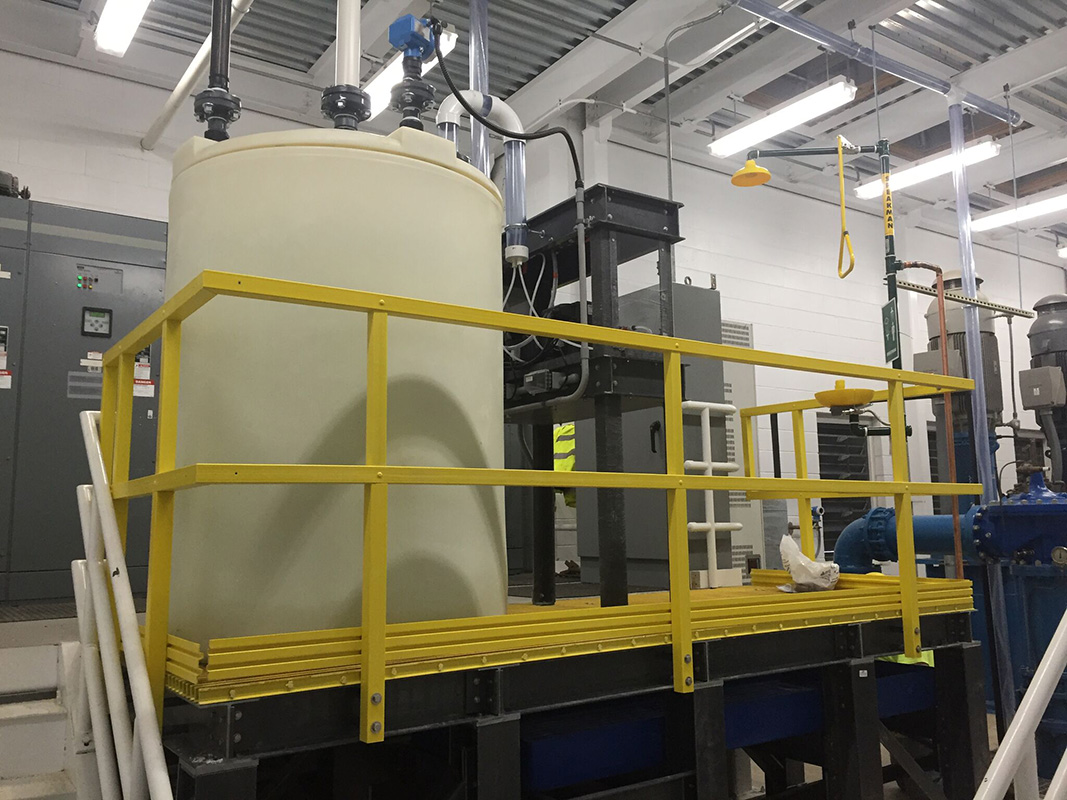
Plastic reservoirs are containers made from plastic materials such as polyethylene (PE), polypropylene (PP), or polyvinyl chloride (PVC). These reservoirs are used across diverse industries for various applications due to their durability, chemical resistance, lightweight, and cost-effectiveness. Plastic reservoirs are used in agriculture for storing water, fertilizers, pesticides, and other agricultural chemicals. They are often used as irrigation reservoirs, fertilizer tanks, and pesticide storage tanks to ensure a reliable water supply and efficient distribution of agricultural inputs.
Chemical Industry
Plastic reservoirs are widely used in the chemical industry for storing and handling corrosive chemicals, acids, bases, solvents, and other hazardous substances. They provide excellent chemical resistance and safety, preventing leaks, spills, and contamination of the environment.
Water Treatment
Plastic reservoirs are used in water treatment plants for storing and treating potable water, wastewater, and chemicals used in the treatment process. They are commonly used as storage tanks for chlorine, fluoride, coagulants, and other treatment chemicals.
Automotive Industry
Plastic reservoirs are used in the automotive industry for storing and circulating fluids such as coolant, windshield washer fluid, brake fluid, and hydraulic fluid. They are lightweight, durable, and resistant to corrosion, making them ideal for automotive applications.
Pharmaceutical Industry
Plastic reservoirs are used in the pharmaceutical industry for storing and handling pharmaceutical ingredients, chemicals, and reagents. They are often used as storage tanks for raw materials, intermediates, and finished products in pharmaceutical manufacturing processes.
Plastic reservoirs play a vital role in various industries, providing reliable storage and handling solutions for a wide range of fluids, chemicals, and materials. Their versatility, durability, and chemical resistance make them an essential component in industrial processes, ensuring safety, efficiency, and compliance with regulatory requirements.
